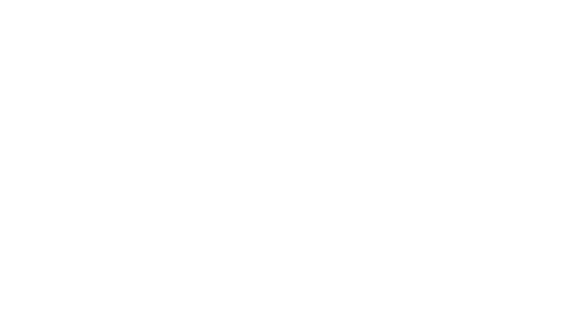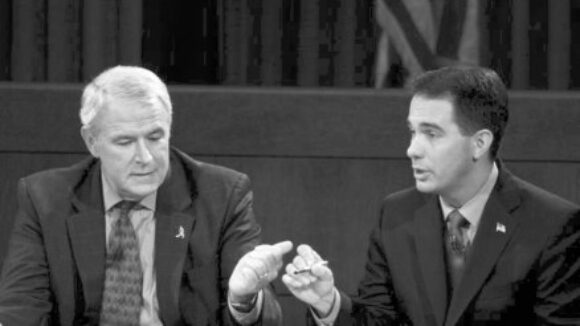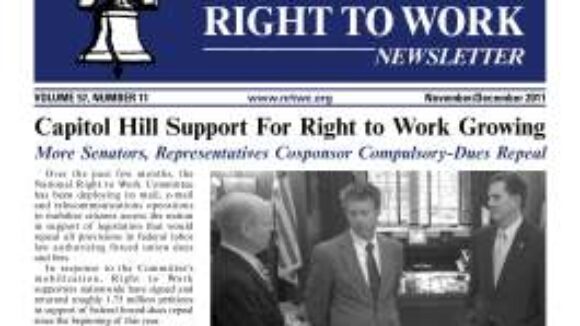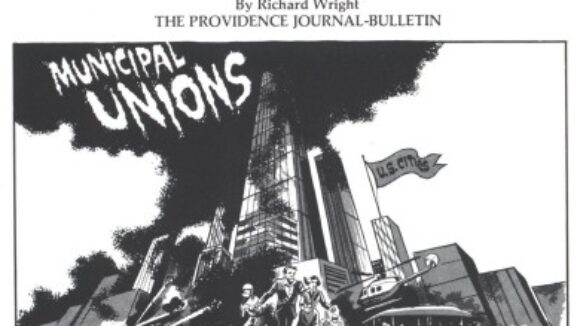Bloated State Budgets Thanks to Big Labor Contracts
The Fiscal Times' Liz Peeks investigates how union budgets have busted state budgets and asks "Is it possible that the real divide in the United States today is between unions and… everybody else?." The answer, unfortunately for taxpayers, is yes. From Bloated Union Contracts Have Busted State Budgets: Consider the issues making headlines: education reform, busted state budgets, the battle to recall Wisconsin Governor Scott Walker, free trade agreements,Occupy Wall Street, the fight to make Indiana a right-to-work state. What these stories have in common is the waning influence of organized labor and the all-out battle by union leaders to hold on. Take the Obama Administration’s Race to the Top initiative. Education Secretary Duncan recently warned that several states, including New York, might not receive monies earlier awarded through that program because they have not followed through on required reforms. The stumbling block? Teacher evaluations. New York City Mayor Michael Bloomberg laid out new education initiatives in his recent State of the City address, among them a proposal to give $20,000 raises to the best teachers, in return for changing the way educators are evaluated. Today, teachers are rated either satisfactory or unsatisfactory; 97 percent fall in the former category. UFT President Michael Mulgrew immediately denounced the plan, describing Mr. Bloomberg as “lost in his own fantasy world of education.” Mr. Mulgrew may be the one living in a fantasy world. Pressure to boost our country’s public schools is one of the rare priorities on both Republicans’ and Democrats’ to-do lists. Americans are appalled by our plummeting world education rankings, and by our graduates’ lack of preparedness for today’s job market. While the decline in our schools stems from a number of sources, most reformers – including Secretary Duncan – see the intransigence of unions on the “job for life” rules that perpetuate mediocre teaching as a major roadblock to progress. Likewise, the recession has forced politicians to confront bloated public employee contracts that have torpedoed many states’ budgets. Estimated at over $3 trillion, the underfunding of state and local pension plans has been described as one of our most serious fiscal problems. Voters now understand that unless elected officials overhaul pay and benefits packages they will face soaring taxes or reduced services.





